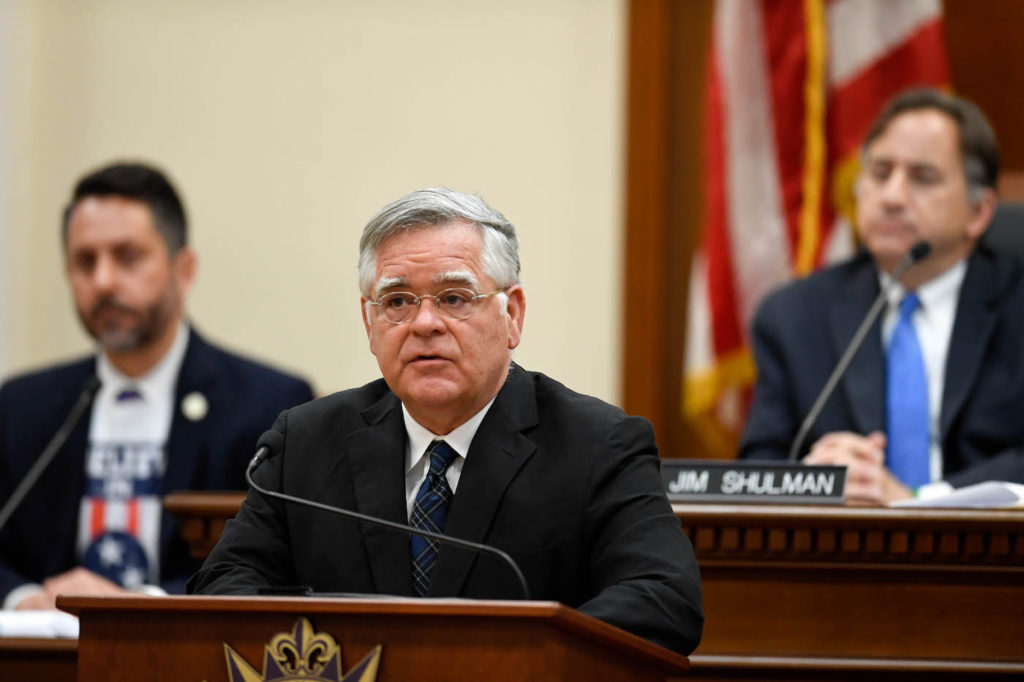
Council members, residents and community groups all have their ideas for how the city should spend its COVID-19 relief funds.
Metro Nashville received $121 million in federal funding, but distributing that amount of money is complicated and is being hampered by a lack of communication.
There’s a big question surrounding how the money will be spent, and when residents might receive those funds. But there are several recommendations on the table.
“We made it very simple. We think there should be household support,” says Odessa Kelly, the head community coalition Stand Up Nashville. “People are struggling with rent, mortgage, groceries [and] childcare.”
In a nutshell, Kelly says the funding should be used to help the residents who need it the most — immigrant, black and working-class communities.
She also says that the allocations should be made through a racial equity lens, with a fair share going to groups disproportionately affected by the coronavirus.
“It’s not that we’re specifically saying give all the money to black people,” says Kelly. “But what we’re saying is that there’s systematic inequalities, and if we’re going to be a city that’s progressive, then we should intentionally have a plan … addressing that.”
Previously, the Metro Minority Caucus called on Mayor John Cooper to ensure that an equitable amount of the funds went “directly into the black community.”
“The black community in Nashville is about 27% of the population,” says Councilmember Kyonzte Toombs, a member of the Minority Caucus. “We all know that COVID-19 has disproportionately impacted the black community. We also know that black people are disproportionately your frontline workers … [and] hospitality workers who were laid off.”
In a statement, a spokesperson for Cooper told WPLN News that the Mayor’s Office is engaged in dialogues with community partners, “including leaders from the black community and the Minority Caucus in determining the dispersal” of CARES Act funds.
Councilmember Colby Sledge, whose district is south of downtown, worries the city’s hardest residents are being left behind. The city has only about six months left to spend the dollars from the CARES Act. Despite this, there hasn’t been a unified conversation on how to fairly distribute the funds, he says.
“We are so focused on the operating budget for the city, which doesn’t have the CARES Act money in it at all, because that’s one-time money,” says Sledge. “I think ideally we would be having these conversations together … but that’s just not how it has worked out.”
Last week, Mayor John Cooper announced that he’d be requesting $24 million to help close the digital divide in Metro Nashville Public Schools. Sledge says he supports that plan, but that the announcement was premature because it came without a comprehensive discussion on the priorities for the city.
Ultimately, allocation requests have to be approved by the Metro Council.

